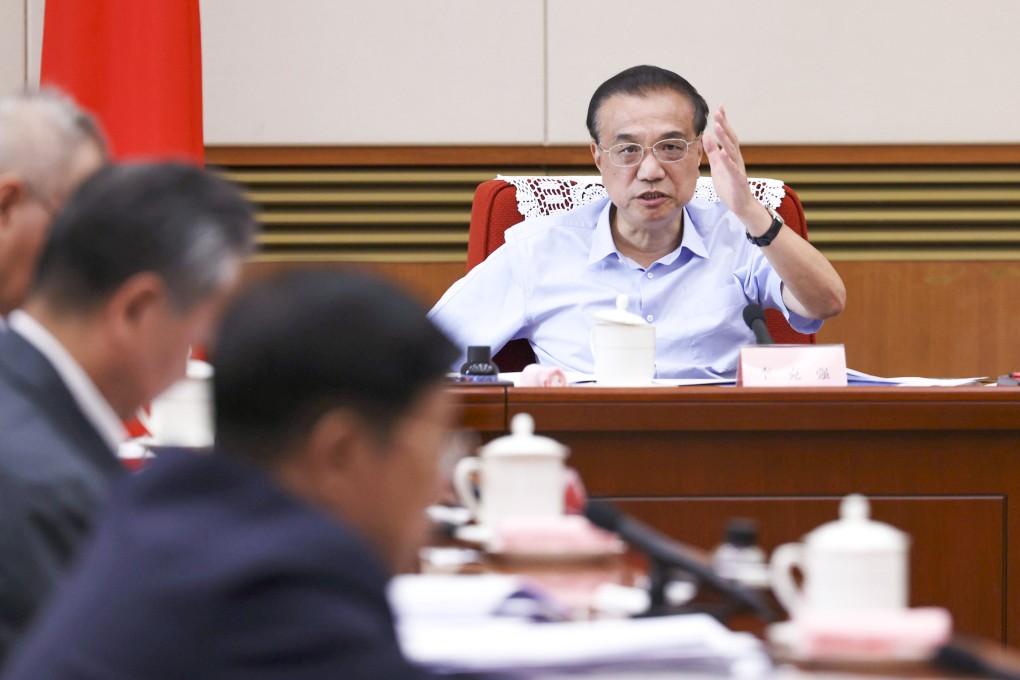Advertisement
As China vows to boost economy, crippling zero-Covid policy may be ‘more zealously implemented’
- Premier Li Keqiang vows more economic support measures after provincial investigations, cites ‘slight fluctuation’ in China’s economic recovery
- Appearance by Vice-Premier Sun Chunlan, in charge of China’s virus-control measures, at special cabinet meeting brings hope of better coordination between virus control and growth objectives
Reading Time:4 minutes
Why you can trust SCMP
10

China continues to step up its unconventional policy tools to keep the national economy churning while trying to mitigate the damage from its zero-Covid policy, as control measures remain high on Beijing’s agenda ahead of the 20th party congress.
Premier Li Keqiang has been busy in recent months trying to steer the world’s second-largest economy away from a hard landing, including by convening a conference of more than 100,000 local cadres in late May, as well as dispatching 16 provincial inspection teams last month to implement Beijing’s stabilisation policies.
And at a special meeting of the State Council on Thursday to discuss the ministers’ report on the inspection tour, Li vowed to further expand investment to create more demand and lift confidence amid a “slight fluctuation” in China’s economy as it recovers.
Advertisement
“We must continue to introduce policies and measures to boost consumption and investment and ensure that they are released quickly and implemented thoroughly,” Li said, according to details of the meeting that were released by state media on Monday.
Following the publication of Li’s comments, Shanghai’s benchmark index rose by 0.05 per cent on Tuesday after a long holiday weekend that saw reduced travel and spending across the country.
Advertisement
Advertisement
Select Voice
Choose your listening speed
Get through articles 2x faster
1.25x
250 WPM
Slow
Average
Fast
1.25x